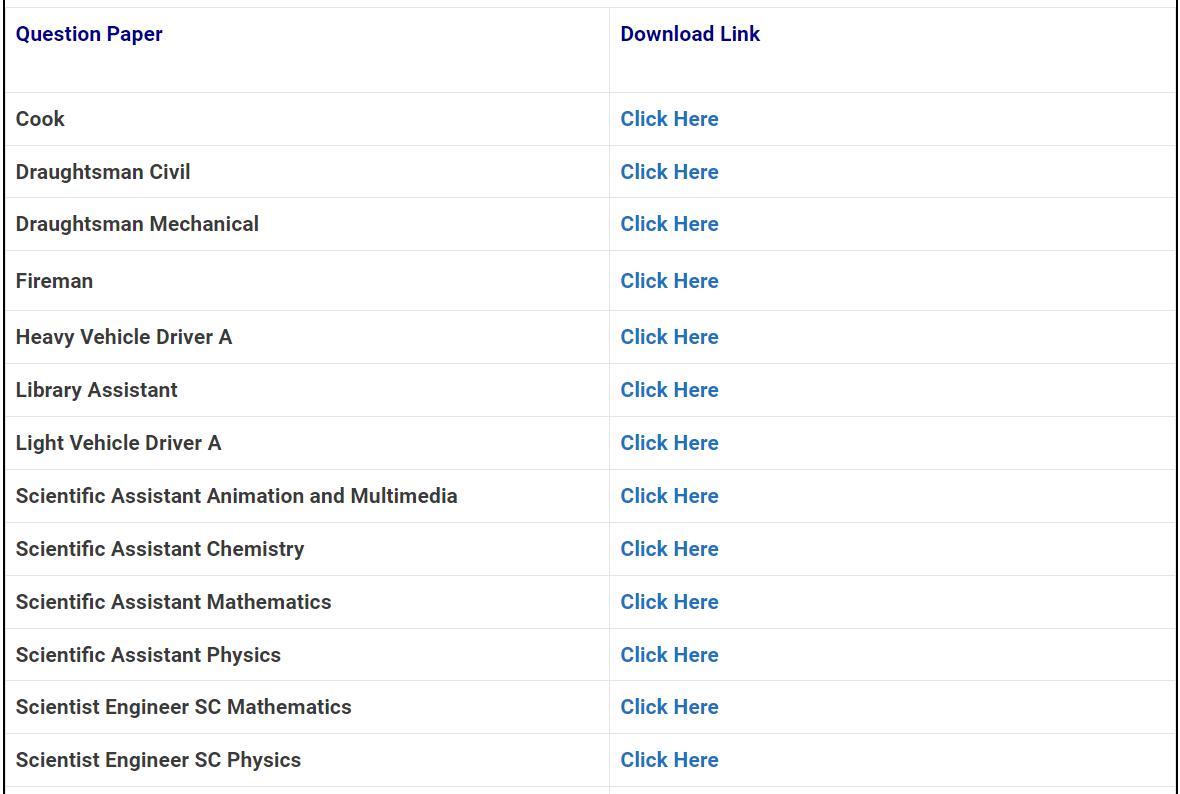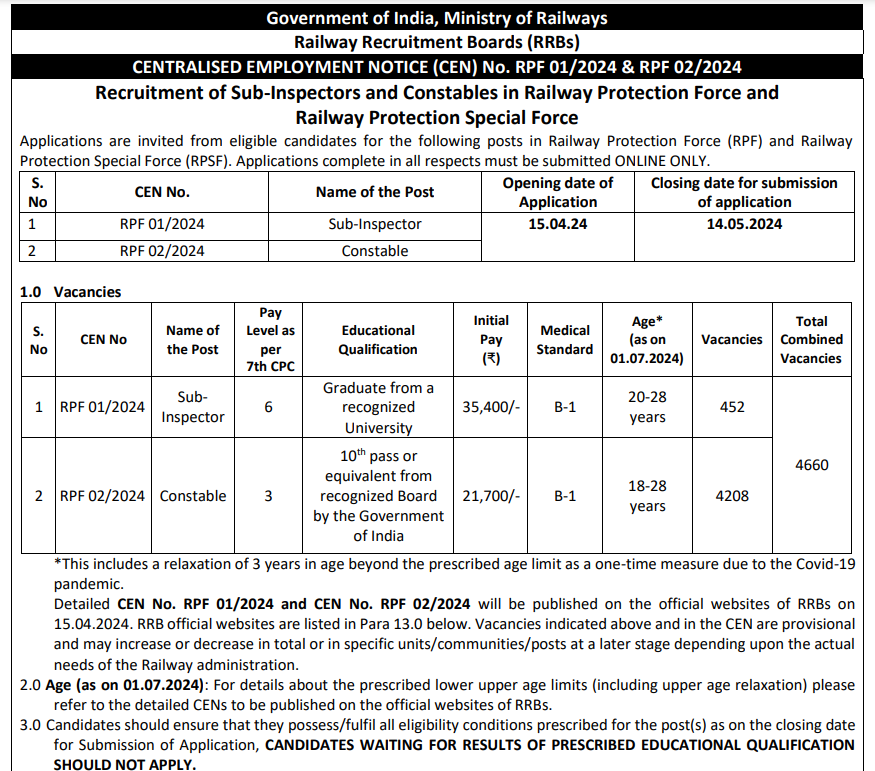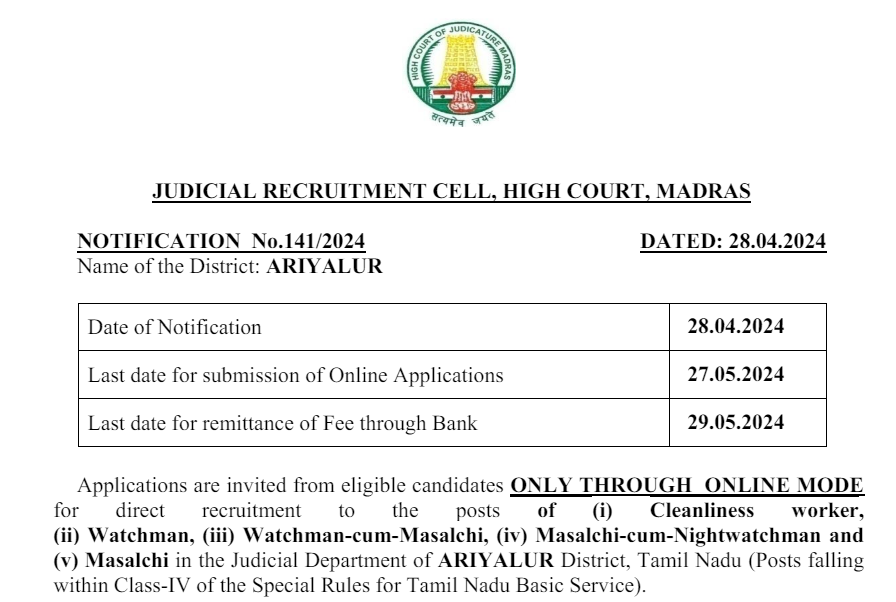Control Systems MCQ PDF 2

Category –EE Online Test
Telegram-Join Us On Telegram
Attempt Free Control Systems MCQ PDF 2 Here. Read The Important Electricity MCQ From Below.
1) Which among the following controls the speed of D.C. motor?
a. Galvanometer
b. Gauss meter
c. Potentiometer
d. Tachometer
ANSWER: Tachometer
2) Into which energy signal does the position sensor convert the measured position of servomotor in servomechanisms?
a. Mechanical
b. Electrical
c. Thermal
d. Light
ANSWER: Electrical
3) What is the value of steady state error in closed loop control systems?
a. Zero
b. Unity
c. Infinity
d. Unpredictable
ANSWER: Zero
4) A good control system should be sensitive to __________
a. Internal disturbances
b. Environmental parameters
c. Parametric variations
d. Input signals (except noise)
ANSWER: Input signals (except noise)
Control Systems MCQ PDF 2
5) For the transfer function given below, where does the zero of the system lie?
G(s) = 5s -1 / s2 + 5s + 4
a. s = -1 & s = -1/4
b. s = -4 & s = -1
c. s = 1/5
d. s = -1/5
ANSWER: s = 1/5
6) If a signal is passed through an integrator, it _____the amplitude of noise signal.
a. Enhances
b. Reduces
c. Stabilizes
d. Factorizes
ANSWER: Reduces
7) Laplace transform of an impulse response is regarded as _____function of the system
a. Analytic
b. Parabolic
c. Transfer
d. Hypothetical
ANSWER: Transfer
8) The fundamental function of a tachometer is the conversion of angular _______ into voltage
a. Velocity
b. Displacement
c. Acceleration
d. Current
ANSWER: Velocity
9) If finite number of blocks are connected in series or cascade configuration, then how are the blocks combined algebraically?
a. By addition
b. By multiplication
c. By differentiation
d. By integration
ANSWER: By multiplication
Control Systems MCQ PDF 2
10) Associative law for summing point is applicable only to those summing points which are __________connected to each other.
a. Directly
b. Indirectly
c. Orthogonally
d. Diagonally
ANSWER: Directly
11) For the elimination of feedback loops, the derivation based on transfer function of ______ loop is used.
a. Open
b. Closed
c. Both a and b
d. None of the above
ANSWER: Closed
12) In block diagram representation, what do the lines connecting the blocks, known as?
a. Branches
b. Nodes
c. Datums
d. Sources
ANSWER: Branches
13) In a signal flow graph method, how is an overall transfer function of a system obtained?
a. Poisson’s equation
b. Block diagram reduction rules
c. Mason’s equation
d. Lagrange’s equation
ANSWER: Mason’s equation
14) While solving signal flow graph using Mason’s gain equation, what does the second letter in two subscript notation of ‘L’ stand for?
a. Serial number of loop
b. Parallel number of loop
c. Number of touching loops
d. Number of non-touching loops
ANSWER: Number of non-touching loops
15) For which systems are the signal flow graphs applicable?
a. Causal
b. Invertible
c. Linear time invariant system
d. Dynamic
ANSWER: Linear time invariant system
Control Systems MCQ PDF 2
16) Two loops are said to be non-touching only if no common ______exists between them.
a. Loop
b. Feedback path
c. Branch
d. Node
ANSWER: Node
17) In time domain system, which response has its existence even after an extinction of transient response?
a. Step response
b. Impulse response
c. Steady state response
d. All of the above
ANSWER: Steady state response
18) Which among the following is represented by a parabolic input signal?
a. Position
b. Force
c. Velocity
d. Acceleration
ANSWER: Acceleration
19) Type 0 systems are unsuitable ___________
a. For ramp inputs
b. If the input is parabolic in nature
c. Both a and b
d. None of the above
ANSWER: Both a and b
20) If a type 0 system is subjected to step input, what is its effect on steady state error?
a. It increases continuously
b. It remains constant
c. It decreases monotonically
d. It gets subjected to another input
ANSWER: It remains constant
21) Consider that the pole is located at origin and its laplace representation is 1/s. What would be the nature of pole response?
a. Rising exponential
b. Decaying exponential
c. Sinusoidal
d. Constant value
ANSWER: Constant value
Control Systems MCQ PDF 2
22) In accordance to relative stability, the settling time exhibits inversely proportional nature to ________parts of roots
a. Real positive
b. Real negative
c. Imaginary positive
d. Imaginary negative
ANSWER: Real negative
23) In Routh array, if zero is found in the first column, then by which term it needs to be replaced?
a. δ
b. η
c. σ
d. ε
ANSWER: ε
24) In a second order system, if the damping ratio is greater than equal to ‘1’, then what would be the nature of roots?
a. Imaginary
b. Real and equal
c. Real but not equal
d. Complex conjugate
ANSWER: Real but not equal
25) For drawing root locus, the angle of asymptote yields the direction along which _________branches approach to infinity.
a. p + z
b. p – z
c. p / z
d. p x z
ANSWER: p – z
26) Which point on root locus specifies the meeting or collision of two poles?
a. Centroid
b. Break away point
c. Stability point
d. Anti-break point
ANSWER: Break away point
Control Systems MCQ PDF 2
27) What should be the nature of root locus about the real axis?
a. Assymetric
b. Symmetric
c. Exponential
d. Decaying
ANSWER: Symmetric
28) If the system is specified by open loop transfer function G(s)H(s) = k / s(s+3) (s + 2), how many root loci proceed to end at infinity?
a. 2
b. 3
c. 5
d. 6
ANSWER: 3
29) Which plots in frequency domain represent the two separate plots of magnitude and phase against frequency in logarithmic value?
a. Polar plots
b. Bode plots
c. Nyquist plots
d. All of the above
ANSWER: Bode plots
30) How is the sinusoidal transfer function obtained from the system transfer function in frequency domain?
a. Replacement of ‘jω’ by ‘s’
b. Replacement of ‘s’ by ‘ω’
c. Replacement of ‘s’ by ‘jω’
d. Replacement of ‘ω’ by ‘s’
ANSWER: Replacement of ‘s’ by ‘jω’
Control Systems MCQ PDF 2
31) According to the principle of log-scales, if the ratio between two points is same, then the two points get ________equally.
a. United
b. Separated
c. Multiplexed
d. Mixed
ANSWER: Separated
32) If a pole is located at origin, how does it get represented on the magnitude plot?
a. -10 log (ω) dB
b. -20 log (ω) dB
c. -40 log (ω) dB
d. -60 log (ω) dB
ANSWER: -20 log (ω) dB
33) Due to an addition of pole at origin, the polar plot gets shifted by ___ at ω = 0?
a. -45°
b. -60°
c. -90°
d. -180°
ANSWER: -90°
34) Consider the system represented by the equation given below. What would be the total phase value at ω = 0?
200/ [s3 (s + 3) (s + 6) (s + 10)]
a. -90°
b. -180°
c. -270°
d. -360°
ANSWER: -270°
Control Systems MCQ PDF 2
35) Which among the following are the interconnected units of state diagram representation?
a. Scalars
b. Adders
c. Integrators
d. All of the above
ANSWER: All of the above
36) Which among the following plays a crucial role in determining the state of dynamic system?
a. State variables
b. State vector
c. State space
d. State scalar
ANSWER: State variables
37) In P-D controller, the derivative action plays a significant role in increasing _______ of response.
a. Time
b. Distance
c. Speed
d. Volume
ANSWER: Speed
38) In addition to storage instructions, PLC controls __________
a. Logic sequence timing
b. Counting
c. Arithmetic operations
d. All of the above
ANSWER: All of the above
39) Which is the correct sequence of operational steps necessary for proper operation of an elevator (lift) control mechanism?
1. Up switch
2. Stop switch
3. Down switch
4. Start switch
a. 1-2-3-4
b. 2-1-4-3
c. 4-2-1-3
d. 3-1-2-4
ANSWER: 4-2-1-3
40) How many digital inputs are present in PLCs?
a. 4
b. 8
c. 16
d. 32
ANSWER: 16
Control Systems MCQ PDF 2














